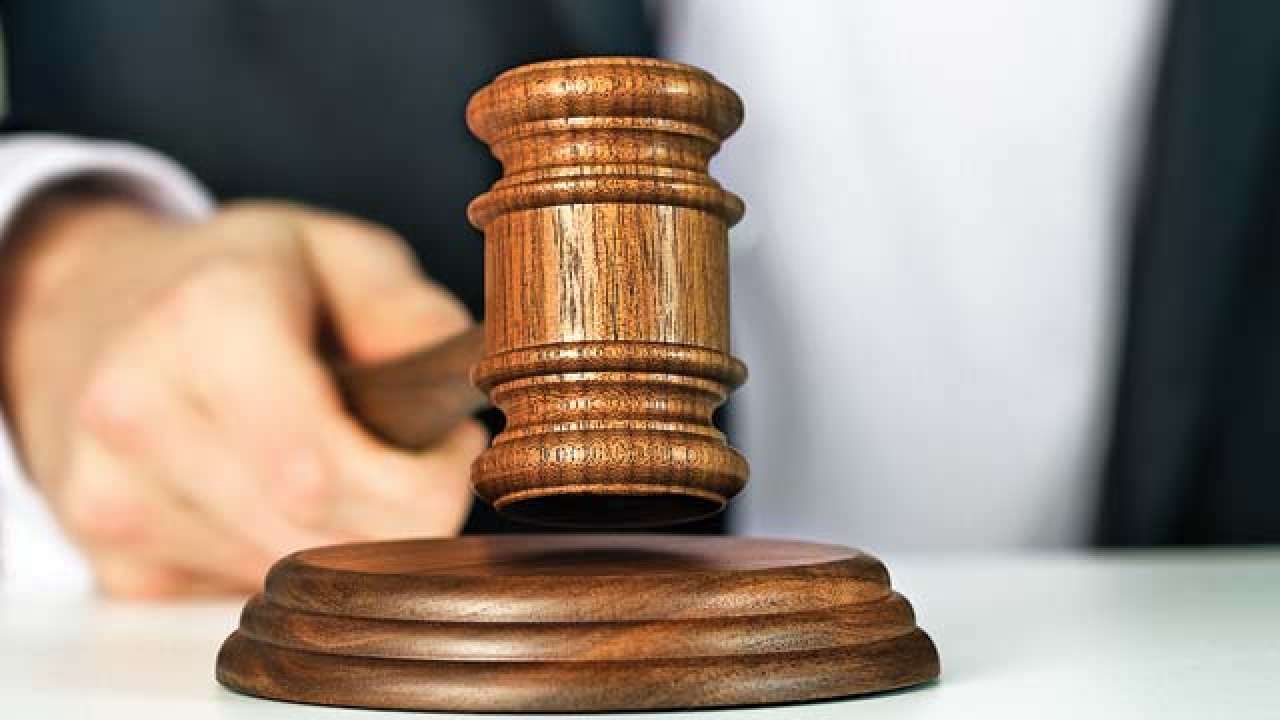
Last week a UK High Court ruled in favour of a person who had filed a legal action against Google claiming his right to be forgotten. This is an interesting case in which the British court relied on a legal precedent set by the European Court of Justice in 2014. However, for another person, the High Court did not allow a similar request on the ground that this person had continued to mislead the public whereas the other person had shown remorse.
Which huge amounts of data available on Google, which can be retrieved at a lightning speed, it may be quite damaging to the reputation of any person who might have changed the course of his life – from bad deeds to good deeds or at least neutral – to be constantly reminded of his past in the digital forum. This information is available to everyone having access to the Internet and that is precisely the reason why there have been issues related to a person’s past.
For forward-looking persons, it has always been said to follow the fundamental policy of “forgive and forget” so as not to continue to wallow in grief and either get labelled oneself or label others as a wrongdoer or offender or criminal. Sometimes for certain circumstances in life someone might have done something wrong, or someone might be habitual wrongdoer but wishes to reform himself, it becomes important for society to allow such reformation and even facilitate that. The past should not come haunting the person trying to reform and this basic idea has been at the foundation of one of the important theories of punishment – reformative theory – which is practiced in majority of the jurisdictions.
With ever-increasing access to unlimited data and with the usage of simple data mining tools available to almost any Internet user, all sort of information – facts, opinions, fabricated facts, doctored opinions, real and fiction, etc. – is available within a fraction of seconds. The world is grappling with the problem of the so-called ‘fake news’ and it is truly a nightmare, particularly for celebrities, to deny the damaging information available on various digital platforms. Social media, though a fantastic method of disseminating information and views, can and is being used by mischievous and unscrupulous persons to easily disseminate wrongful and disparaging information about individuals, institutions, etc. This problem can easily be anticipated to aggravate in future.
Can there be an easy technical solution? Of course, yes. It is for the companies managing digital information to take proactive measures to remove such links from their websites and filter the contents from the digital platform. But, the companies providing such services are usually not open to this idea as filtering data can easily be inferred as a blow to the neutrality of information available all the otherwise ‘neutral’ digital platforms.
The European Court of Justice had earlier ruled that if a request is made to Google, irrelevant and outdated data should be erased. In today’s world, it is quite common for anyone meeting a person of the first to find about that person on the Internet using a search engine, and Google is the most widely used search engine. Thus, it becomes Google’s responsibility, unarguably in ethical terms, to accede to such a request. However, legally it is a question of rights of Google as a business entity to do business without too many restrictions which are based on the judgment of an individual. Hence, this is a tussle between an individual’s right to privacy and a firm’s right to do business.
The European Union and the British courts have often been quite stringent as far as individuals’ rights are concerned. In the current scenario of the ongoing debate regarding unauthorised and illegal use of personal data, shredding privacy rights to pieces, the instant judgment can prove to be a landmark judgment showing the way for the proper and desired balance between personal rights of individuals and the rights of firms to do business. It is not going to be easy for the courts and law enforcing agencies to control the strides the technology as it is very well known that technology comes first, and the law follows.
The author is a professor at IIM-A, akagarwal@iima.ac.in